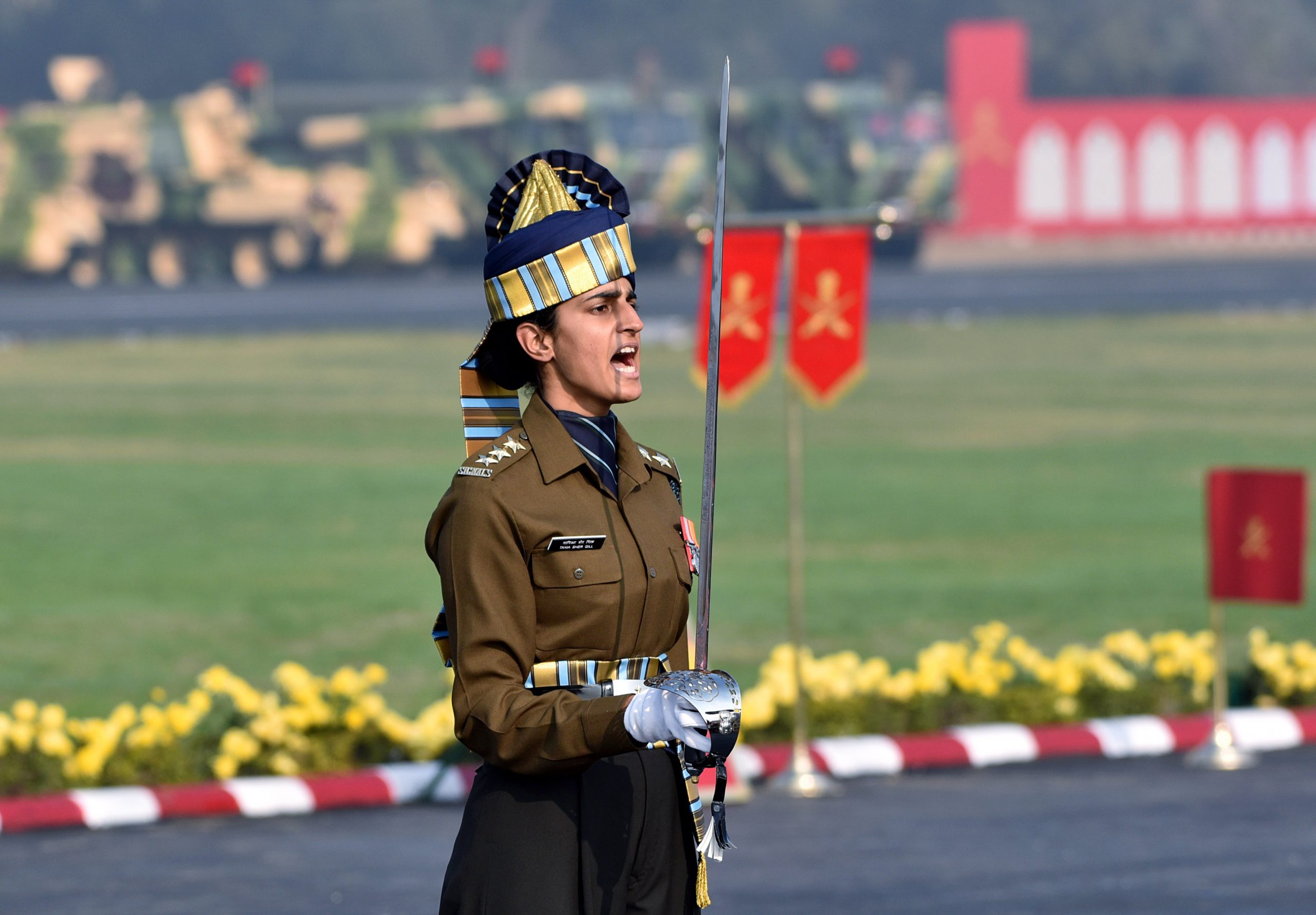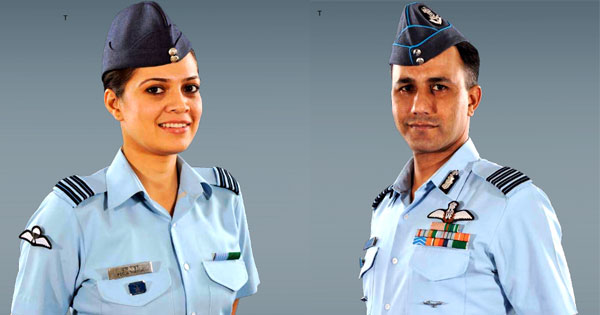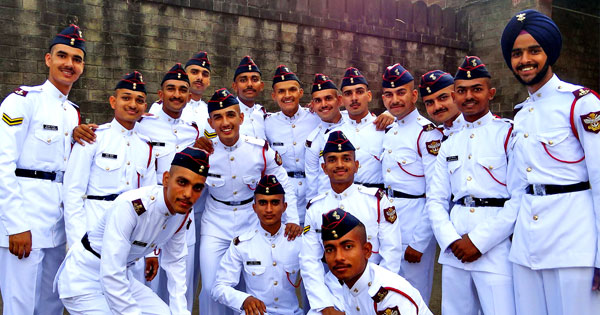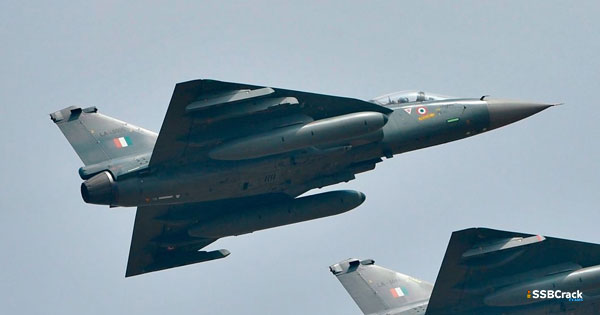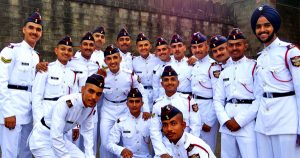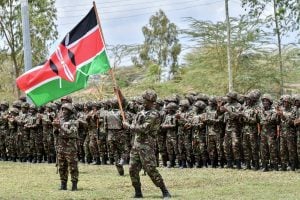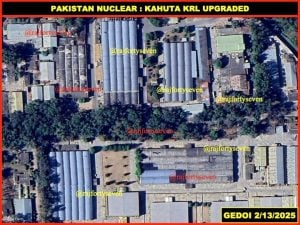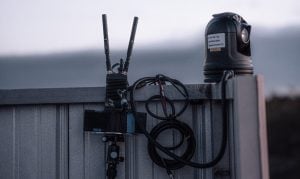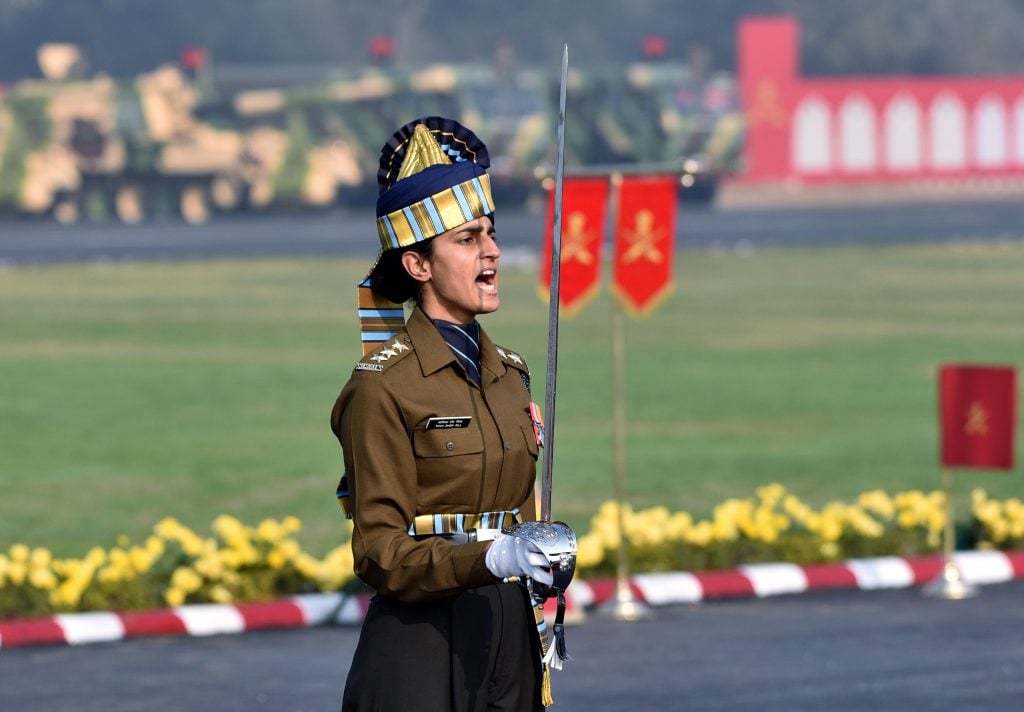
On 17th February 2020 supreme court of India directed the central government to enable permanent commission for women officers in the Indian army. The supreme court granted three months to implement this verdict which will make women officers eligible for permanent commission in 10 non-combat branches of like corps of signals, corps of engineers, army aviation corps, army air defense corps, electronics, and mechanical engineers, army service corps, army ordnance corps, and intelligence.
Evolution of women officers in the Indian Army
The induction of women officers started in 1992 in non-medical branches like signals, engineers, service corps, etc. They were commissioned for only 5 years under Women Special Entry Scheme (WSES) which had a shorter pre-commission training compared to their male counterparts who were commissioned under a short service commission (SSC) scheme. Priya Jhingan who was commissioned in 1993, became one of the first 25 women to join the Indian Army as an officer.
In 2006, the WSES scheme was replaced by an SSC scheme in which women officers are now commissioned for 10 years, extendable up to 14 years. From 2008 onwards permanent commission (PC) was given to limited SSC women officers only in limited branches i.e. Judge Advocate General and Army Education Corps.
The long battle between the government and court
In 2003 a case was filed by women officers
seeking a permanent commission in the Indian army and finally in 2010 after 7
years of a long battle, the High court made a verdict in the favor of women
officers but this order was never implemented as government challenged it in
the supreme court. Now finally after 17 years of a long tussle between
government and court, women officers are granted permanent commission. Chief of
the Army staff General Manoj Mukund Naravane stated this order as “very
enabling” and the whole road map to induct women officers in permanent
commission is being made.
Arguments made by the government against PC for women officers
These following are the arguments made by government against the permanent commission for women officers in Indian Army:
- Women officers were not given training for the permanent commission under the SSC scheme.
- The male soldiers are not “mentally prepared” to accept women officers in command roles.
- There are certain physiological and biological differences between men and women which hampers their efficiency in conflict zones. For example, their performance will affect due to various issues like pregnancy, motherhood and domestic obligations towards their families.
- Women officers should not be deployed in field areas due to “minimal facility for habitat and hygiene”.
Arguments made by the supreme court in favor of PC for women officers
These following are the arguments made by honorable supreme court in favor of permanent commission for women officers:
- A bench of justices head by D.Y Chandrachud stated that “Women officers of the Indian Army not only brought laurels to the force but also their track record of service to the nation is beyond reproach”.
- Men and Women have equal civil rights in the country and now the time has come for the realization that women officers should not adjuncts to a male-dominated organization.
- As far as Physiological and Biological differences between men and women are concerned, it’s the duty of both to handle and maintain the balance between children and other domestic household work. It’s the right time to break all stereotypes which are there for several decades in the organization.
- Court questioned government that if there is “minimal facility of habitat and hygiene” in conflict zones then why 30% of women officers are deployed there.
Can Government grant PC to women officers in combat units in future?
We have a recent example of induction of women soldiers in corps of military police for the first time which is also combat like unit. Their work is to control the movement of soldiers and logistics during peace or wartime, keep vigil in army establishments, preventing security breach, etc. So, we can’t neglect the fact that women can’t handle fieldwork and yes definitely government can grant permanent commission to women officers in combat units like infantry, armor, etc, if they proved to be as efficient as men officers in current non-combats units. This will also set as an example for other paramilitary forces like CRPF, BSF, CISF, etc.
Implications on Indian Army by PC for women officers
These are the following implications on Indian Army by permanent commission for women officers:
- As we know the Indian Army is suffering from a shortage of almost 10,000 officers. So now women officers can serve longer than 14 years which not only cuts off the shortage of officers but also reduces the extra workload on the Army.
- It will change the mindset of men soldiers that they won’t accept women officers in command roles. Also, it will boost the work coordination between men and women which is necessary for a professional organization like Indian Army.
- As of now that there are only 3.89% women officers in the Indian Army but now due to permanent commission the intake of women will increase as freshly graduated girls will see the army as a permanent carrier not just for 10 or 14 years. It will serve as motivation for women to join the Indian Armed forces.
- After permanent commission, if women proved to be as efficient as men then it will open the door for women in combat arms also, which will boost the capability of the organization.
Author Nikhil Chauhan is a final year student of Bsc (H) Chemistry from S.G.T.B Khalsa College, University of Delhi. He is a defence enthusiastic and founder of sciencedoze.com


